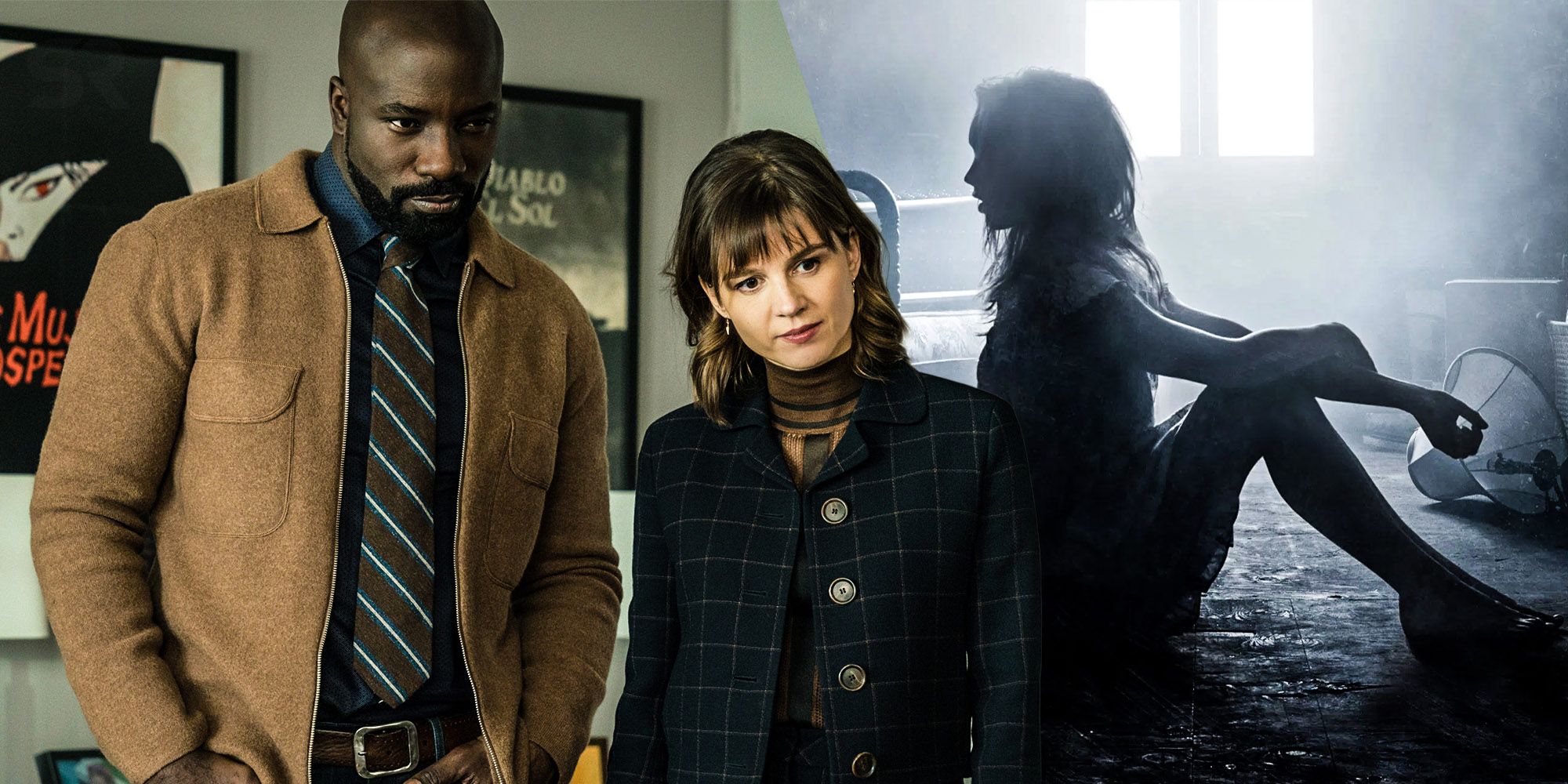Evil succeeds as an Exorcist story while other TV shows have failed. Evil, which initially premiered on CBS in 2019 before moving to Paramount+ this year, has established itself as one of the best written supernatural series on television in recent years. Not only are the reviews for the Evil incredibly positive, but it has been successful in avoiding gimmicks and stereotypical horror elements. That puts it more on par with the aforementioned 1973 horror film than 2016’s The Exorcist sequel series.
David Acosta, who is studying to be a priest, hires forensic psychologist Kristen Bouchard and technical expert Ben Shakir to research and solve cases that are initially deemed supernatural. The premise sounds pretty basic, but Evil is far more layered than it seems. The series is actually engaging and smart, presenting demonic possessions and other biblical elements before explaining the logical and real-world reasons behind their manifestations. A client who may seemingly need an exorcism, for example, could actually have a mental illness that has gone undiagnosed. Strange noises coming from within someone’s home could be caused by old pipes.
Whatever the case may be, there is usually an explanation for what’s going on, even while Evil remains rather ambiguous in several instances. The blending of religion, science, technology, and mental health makes Evil all the more outstanding, foregoing on typical horror tropes to offer something deeper. To that end, it serves as a reminder regarding what made The Exorcist work so well, too. Both the series and the film tease the audience throughout as they’re left wondering whether or not someone may actually be possessed or if it’s an issue that can be explained with science.
In The Exorcist, like in Evil, it was unclear whether or not Regan was sick or if she’d been taken over by a demon for the first half of the film. The marriage of science and religion works in both these instances because it keeps up the mystery and toys with the audience’s imaginations in one fell swoop. The Exorcist TV series, The Conjuring franchise, and even the short-lived Marvel show Helstrom and The CW’s Supernatural took the paranormal and religious aspects of their cases quite literally, leaving little to no wiggle room for any other interpretations. Meanwhile, Evil keeps its audience on its toes and brings nuance and ambivalence to several subjects. Including medicine, technology, and science with faith might sound like a recipe for disaster, but Evil deftly handles these topics and without being so overt about any of them.
Many of the cases David, Kristen, and Ben take on are approached with skepticism until they can find out more information, which makes the show a refreshing addition to the genre. The fact that Evil branches out from simply performing exorcisms makes for better, more layered television. Thus far, the series has already touched upon systemic racism in the medical system, mental health issues, and the psychology of a child sociopath, among other things. The Exorcist and other series don't tend to broach these subjects at all. Evil's episodic topics are well researched, presented, and they give interesting and various perspectives from those who have faith like David and those who are atheists like Kristen and Ben. That, in and of itself, is a rarity in supernatural horror and it makes Evil stand out among its genre predecessors in its inventiveness.


